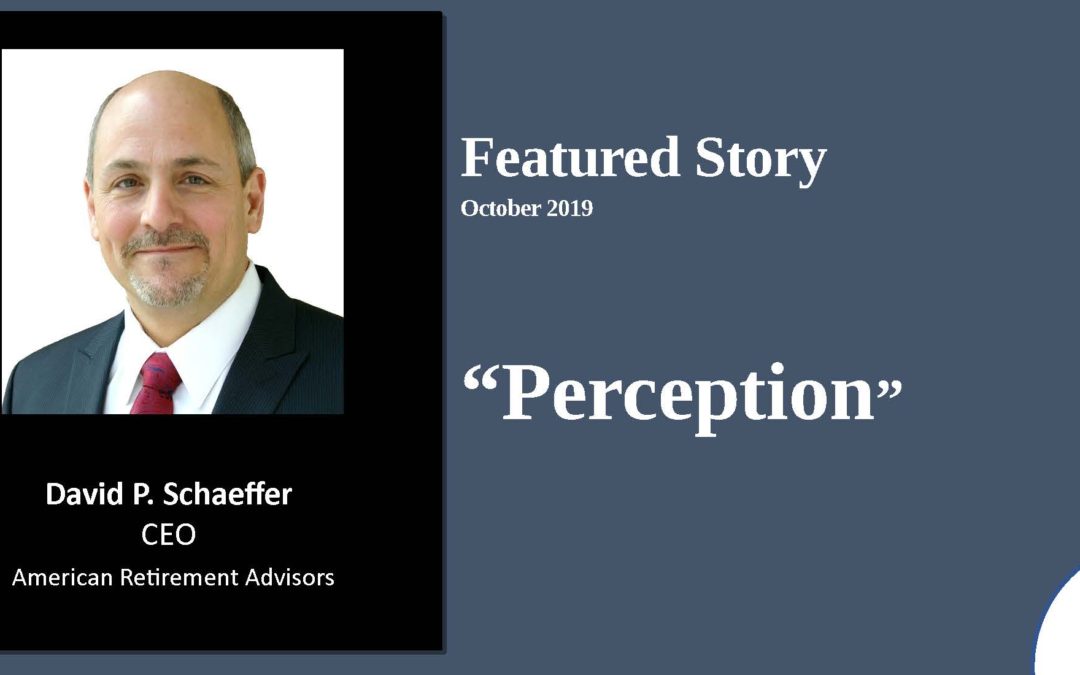A point of view is derived from an accumulation of experiences. The way you look at a problem is going to be different than the way someone else looks at a problem. Neither one of them is wrong. We all approach things based on the set of experiences we have placed in our mind. These experiences form our perceptions.
For example, a librarian experiences order every day. If a person is loud in the library, that disrupts the pattern, anger is usually triggered. The same trigger is caused by a patron putting a book in the wrong spot when finished reading, instead of placing it in the bin to be re-shelved by a professional. The librarian is annoyed, and their perception is that these things will happen on a regular basis.
Think about the person who has worked all their life in an environment where they don’t get to make a great deal of decisions or on the other hand, a person does get to be involved in most decisions that affect their work environment. These two people will have a different perception or point of view, of what is expected.We meet so many wonderful people every day in our offices with these varying perceptions based on their experiences. Everyone’s perspective is different and perspective drives perception.
Culture from home and work effects their perspective. If you work in an environment where you see the best in people and you can help create that spirit of success in a person, outlook is effected. If you work in an environment where you are tasked with seeing people at their worst, you will have a different perspective. It’s life’s experiences, that will have an impact in how you perceive the world.
We are fortunate we get to help folks navigate their futures. Folks see us in a receptive state of mind. They are meeting us for answers, for advice and for a path to a successful future.
I’ll leave you with a couple quotes which helped build my perceptions. Our job, if we do it well, is to provide the facts, the rules, and the game plan to win. Did you notice in the last sentence, not a single word about pushing an agenda, nothing about selling a product, just providing the tools to make good decisions?
One of my heroes, and who I call the father of ethical selling, was the late Zig Ziglar. I’ll leave you with a couple quotes
which helped build my perceptions.
I first learned… “Stop selling. Start helping. You can get everything in life you want if you will just help enough other people
get what they want.”
Then... “Be helpful. When you see a person without a smile, give them yours.”
“When you do more than you’re paid for, eventually you’ll be paid for more than you do.”
And where I perceive myself to be now…
“Moving from survival to stability, from stability to success, from success to significance.”
“I’m so optimistic, I’d go after Moby Dick in a rowboat and take the tartar sauce with me”!

